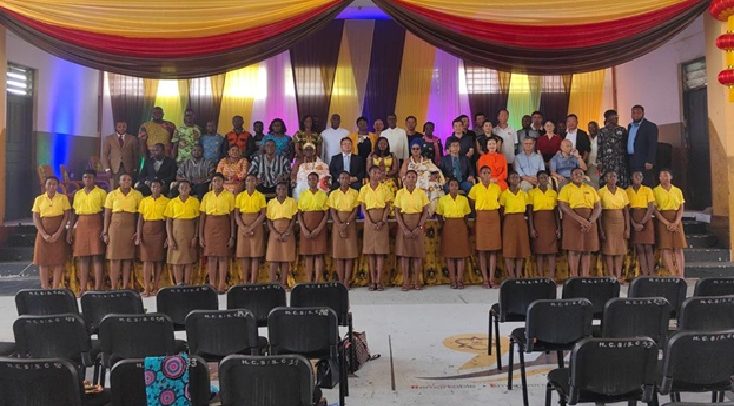
The Ministry of Health has directed the Ghana Health Service (GHS) to recruit sign language interpreters at various health facilities across the country to improve access to health delivery, especially to the deaf.
It would be done in collaboration with the Ghana Education Service (GES), Ghana National Council of Persons with Disability and the Ghana National Association of the Deaf (GNAD).
They are expected to identify, screen, assess and engage qualified sign language interpreters trained by GNAD at hospitals in the country.
Minister of Health, Kwaku Agyeman-Manu said this in a statement read on his behalf at a national stakeholders' advocacy forum on inclusive sexual and reproductive health in Accra yesterday.
It was on the theme; "Improving Access to Sexual Reproductive Health Services for the Ghanaian Deaf: The Need for Inclusive Policies."
Despite Ghana's improvement in sexual and reproductive health (SRH) outcomes among youth and adolescents, he said the deaf were mostly denied their right to SRH information and services due to the failure of SRH policies to identify the unique needs of deaf population.
Other barriers, he said, include the absence of sign language in government SRH policies, negative perception and myths about the sexuality of the deaf in various communities, among others.
The Minister called on all stakeholders and institutions to adopt internal strategies to ensure that all health centres were accessible for deaf persons to have equal access to highest standards of health care.
To promote access to health care, Dr. John Ganle, School of Public Health, University of Ghana, urged government to introduce and intensify training for all health workers in sign language and institute and operationalise inclusive SRH policies.
He called for the development of deaf-friendly SRH programmes, expand opportunities for demystifying SRH and abortion care and address long term barriers.
Additionally, he reiterated the importance of strengthening research and evidence gathering on the deaf and urged for elimination of cost barriers that exclude the deaf from SRH and safe abortion care.
JuventusDuorinaah, Executive Director, GNAD, said the group was concerned about the lack of access to ante-natal care and post-natal care for pregnant and deaf women who were holders of the National Health Insurance Scheme card.
Another concern, he said, was deaf adolescents and deaf people of reproductive age were unable to utilise services of the various SRH clinics.
He explained that the situation was in violation of the fundamental human rights of deaf people and called for urgent policy reforms to remove barriers hindering access and use of SRH information and services.
Dr Wisdom Kwadwo Mprah, Centre for Disability and Rehabilitation Studies, School of Public Health, Kwame Nkrumah University of Science and Technology (KNUST), advocated the inclusion of deaf people in research to help identify their needs and make the needs visible for policy making and programme development.
Read Full Story
















Facebook
Twitter
Pinterest
Instagram
Google+
YouTube
LinkedIn
RSS